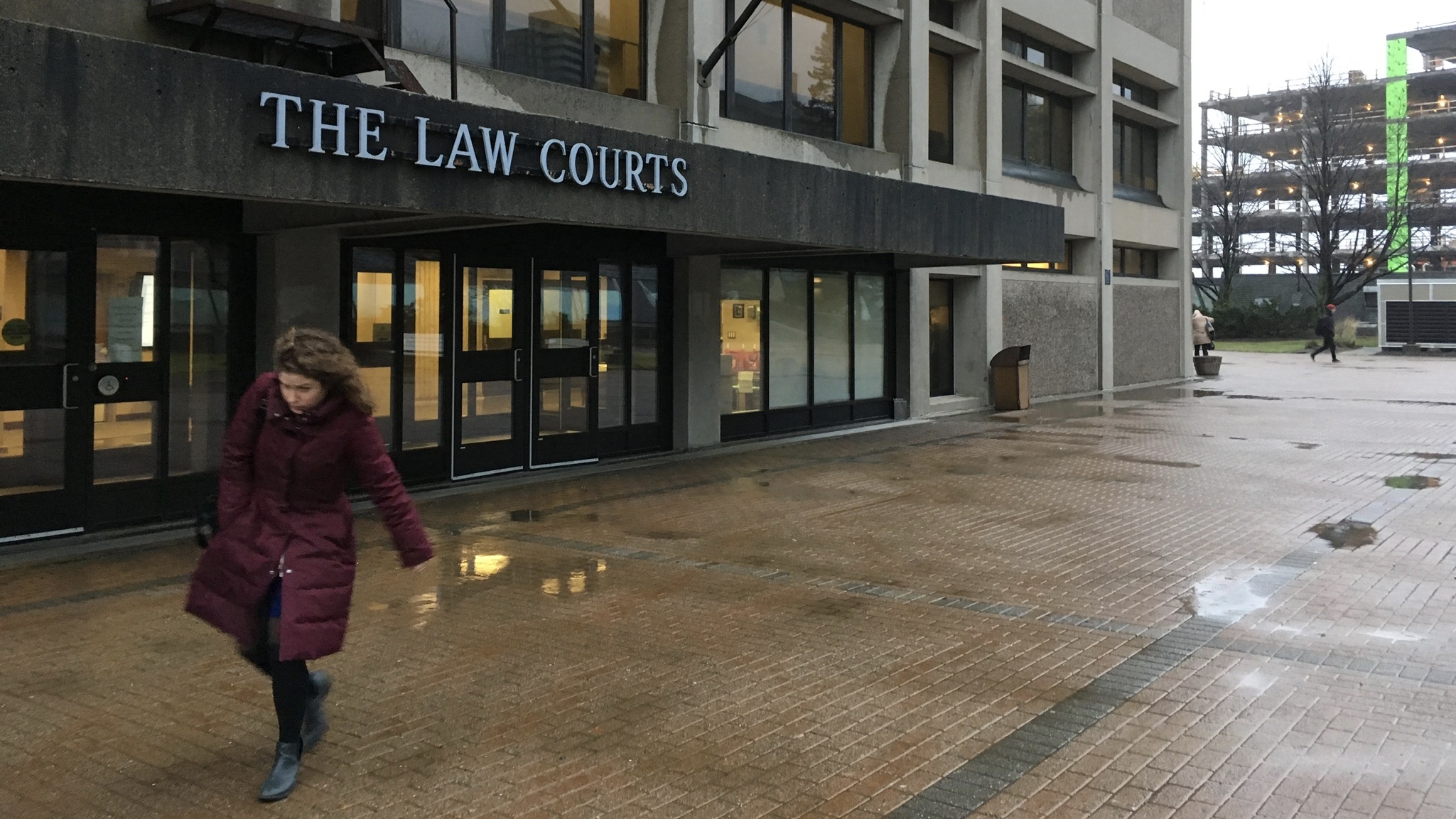Courts
Jury deliberations begin in Cromwell murder trial
Judge instructs jury to 'keep an open mind, but not an empty head'

caption
The jury in Aidan David Cromwell's trial started deliberations Tuesday at the N.S. Supreme Court.The jury in the Aidan David Cromwell murder trial started their deliberations on Tuesday, after Justice Timothy Gabriel delivered his final instructions.
Cromwell, 24, is charged with second-degree murder in the death of 25-year-old Marc Bernard Tremblay. He has pleaded not guilty.
Tremblay was stabbed in the heart on Feb. 2, 2012, near Ashdale Avenue and Titus Street in Fairview. The Crown claims Cromwell stabbed Tremblay over an insult, while the defence argues self-defence.
“The presumption of innocence means Mr. Cromwell started this trial with a clean slate,” Gabriel said to the jury. Related stories
He stressed the importance of accepting legal definitions, saying “justice will not be done if you wrongly apply the law.” He urged the jury to use common sense when evaluating the evidence.
“If my memory of the evidence is different from yours, your memory is what counts,” he said. “There’s no magic formula for this.”
When deliberating, the jury considers testimony from witnesses and exhibits presented during the trial. These exhibits include Cromwell’s video-recorded police statement, security camera footage from the apartment building where Tremblay and a friend played video games the night he was killed, and text messages between Cromwell and his mother.
Opposing theories
While addressing the jury, Gabriel summarized the Crown and defence’s opposing theories.
The Crown, said Gabriel, argued “Aidan Cromwell had no time for Mark Tremblay’s shit.”
In closing statements Monday, Crown attorney Rick Woodburn told jurors Cromwell was not provoked and was not defending himself. He intended to stab Tremblay, without concern for the other man’s life.
Defence attorney David Bright countered that Cromwell feared for his safety. He said Tremblay was drunk, aggressive and following Cromwell and his girlfriend, provoking Cromwell to act in self-defence.
Three possible verdicts
That Cromwell stabbed Tremblay is not in dispute, said Gabriel. He told jurors there were three possible verdicts they might reach.
For the jury to find Cromwell guilty of second-degree murder, the Crown must have proved beyond a reasonable doubt Cromwell caused Tremblay’s death, the stabbing was unlawful and Cromwell had the “mindset required for murder,” said Gabriel.
If the jury finds Cromwell acted in self-defence, the stabbing was lawful and Cromwell must be acquitted.
The jury could also decide that Cromwell did murder Tremblay, but was provoked. In that case, the charge of second-degree murder would be reduced to manslaughter.
Gabriel spent much of his two-hour address explaining when self-defence and provocation apply, and what evidence the jury should consider for those outcomes.
“Keep an open mind, but not an empty head,” Gabriel said.
As is procedure, one random member of the 13-person jury was discharged, meaning 12 people — nine women and three men — will be deliberating Cromwell’s charge.
Deliberations will continue until the jury has reached a unanimous verdict. If they can’t, court will reconvene to decide the next step.

